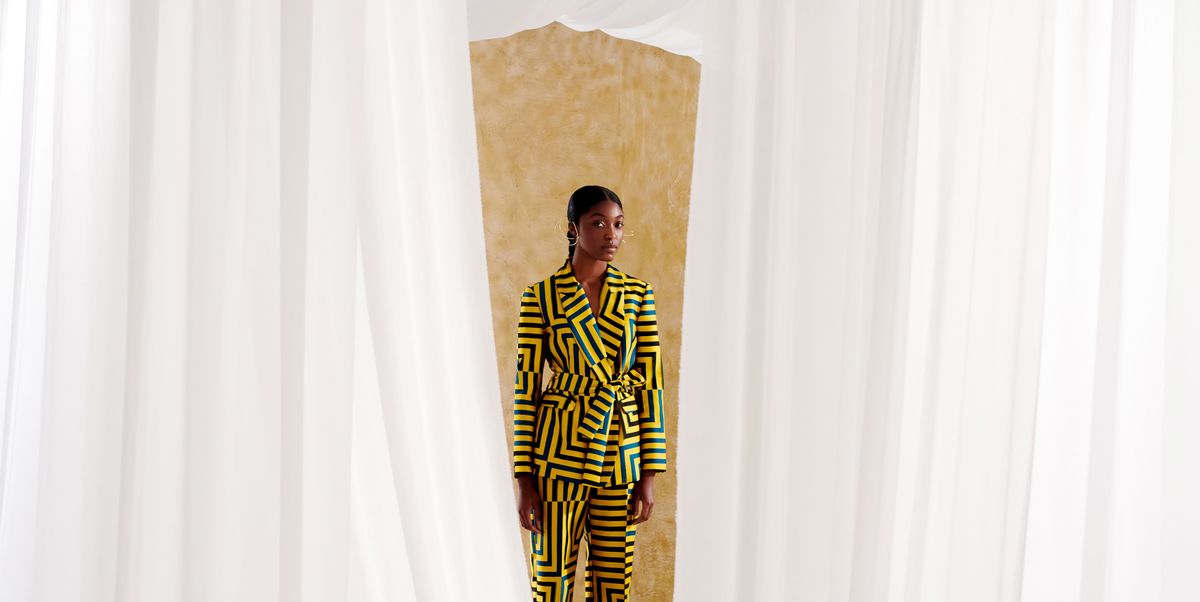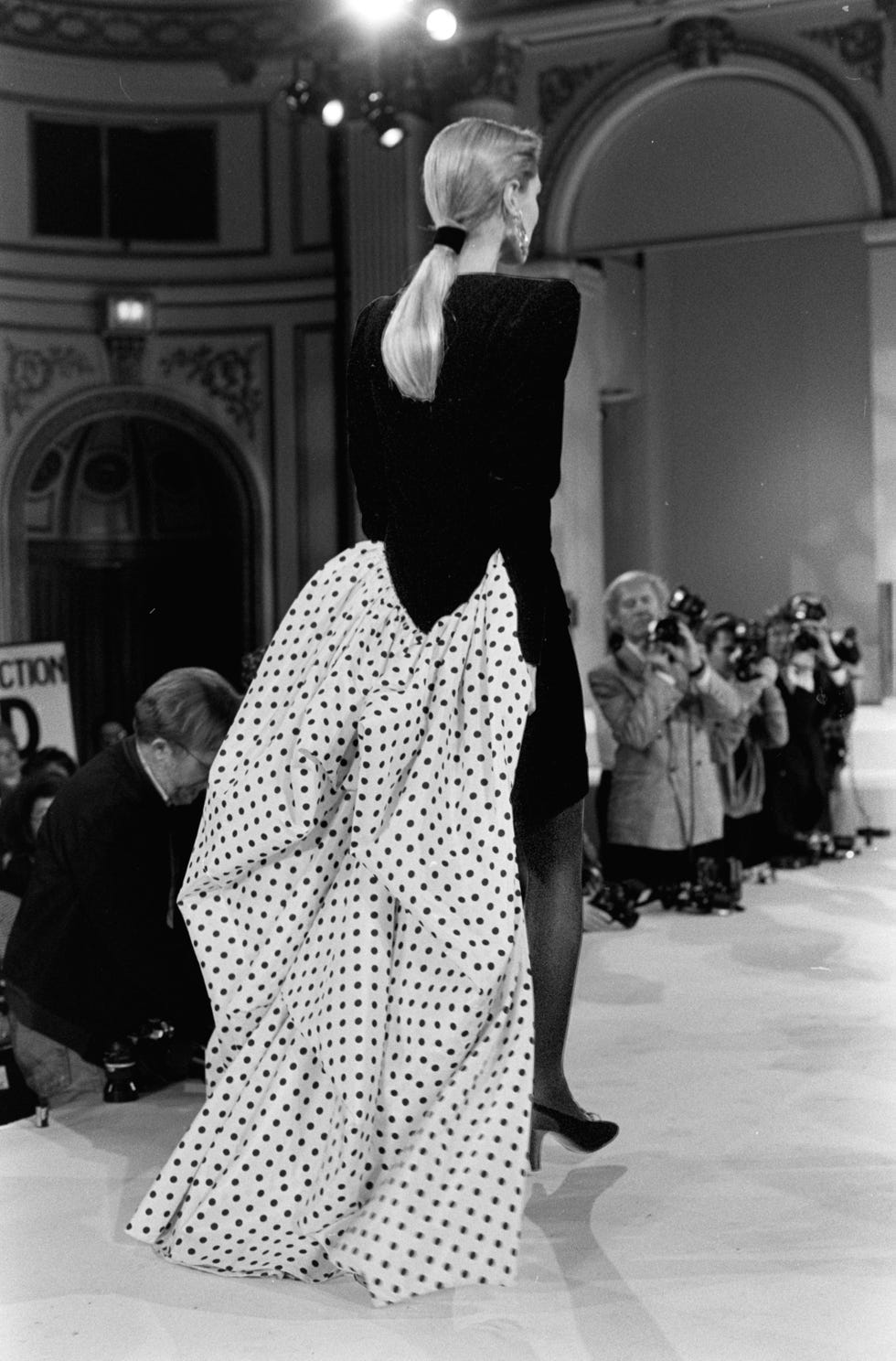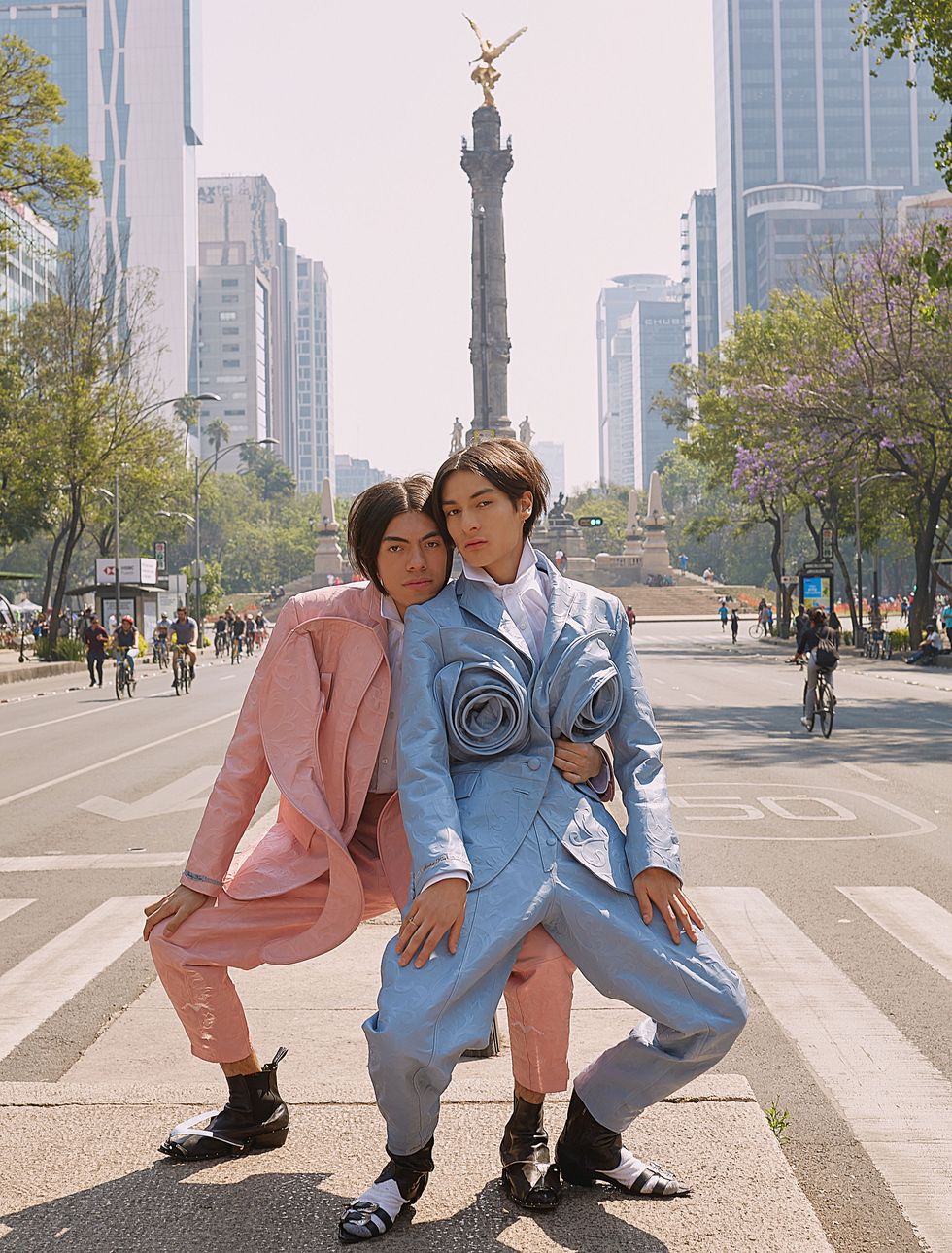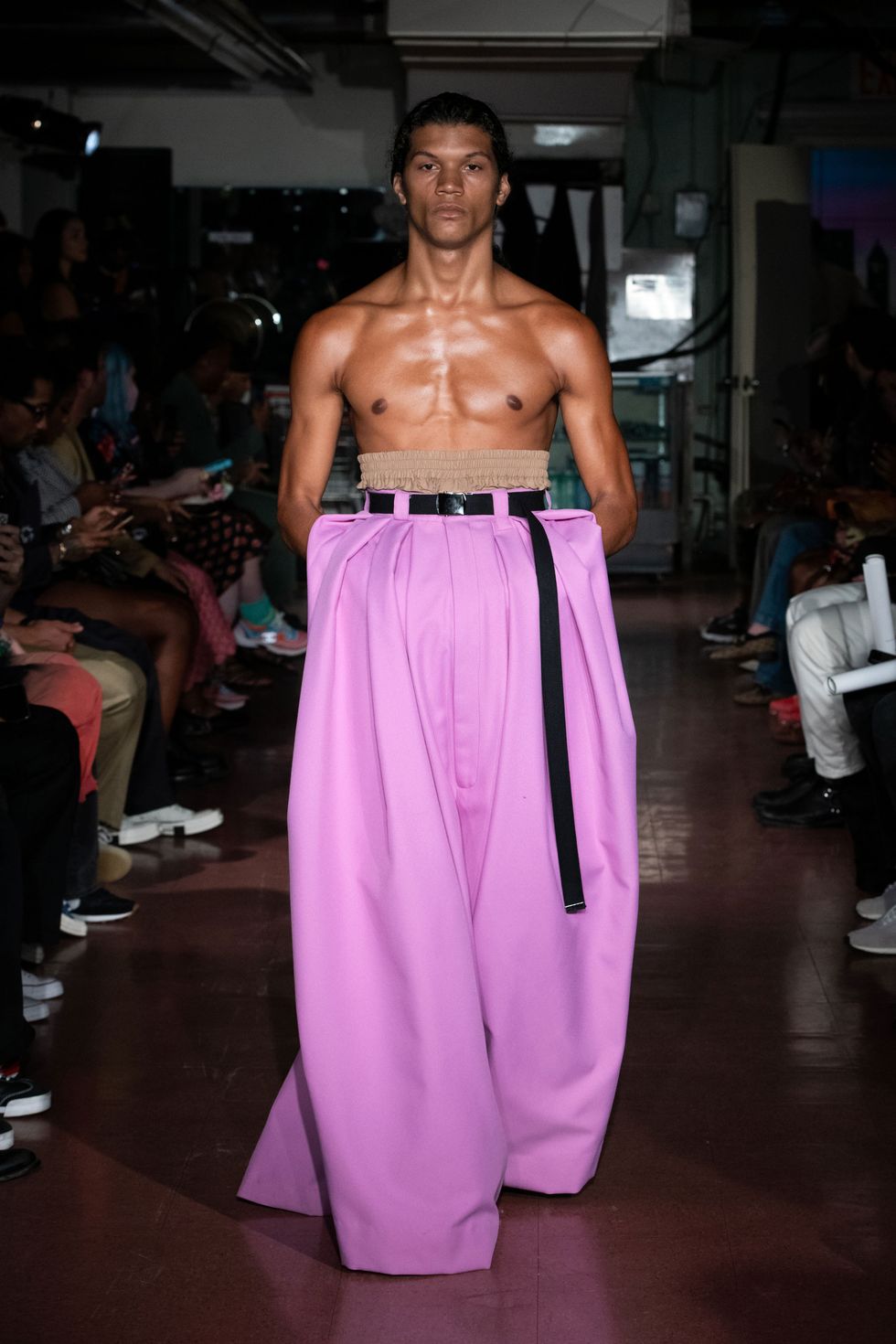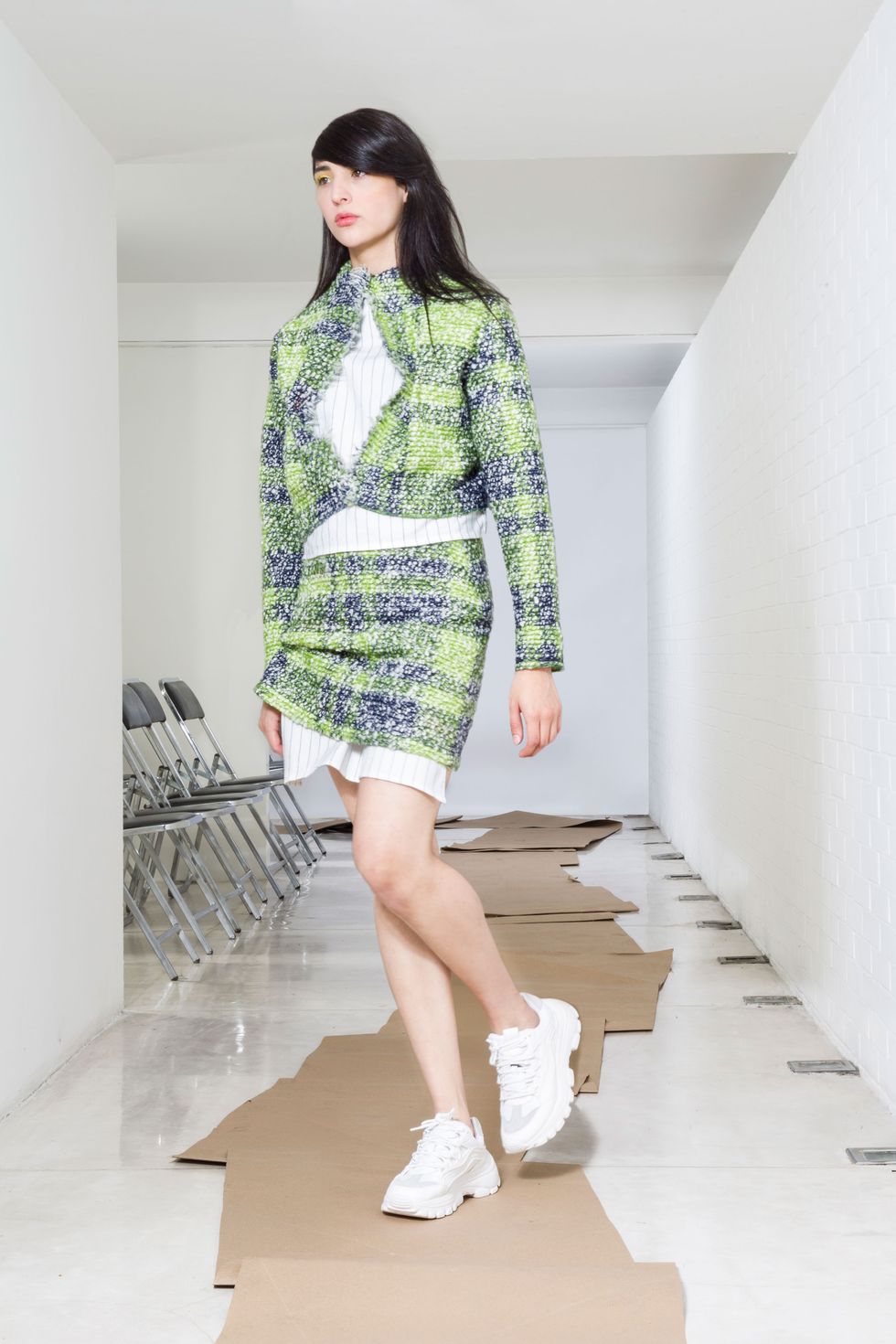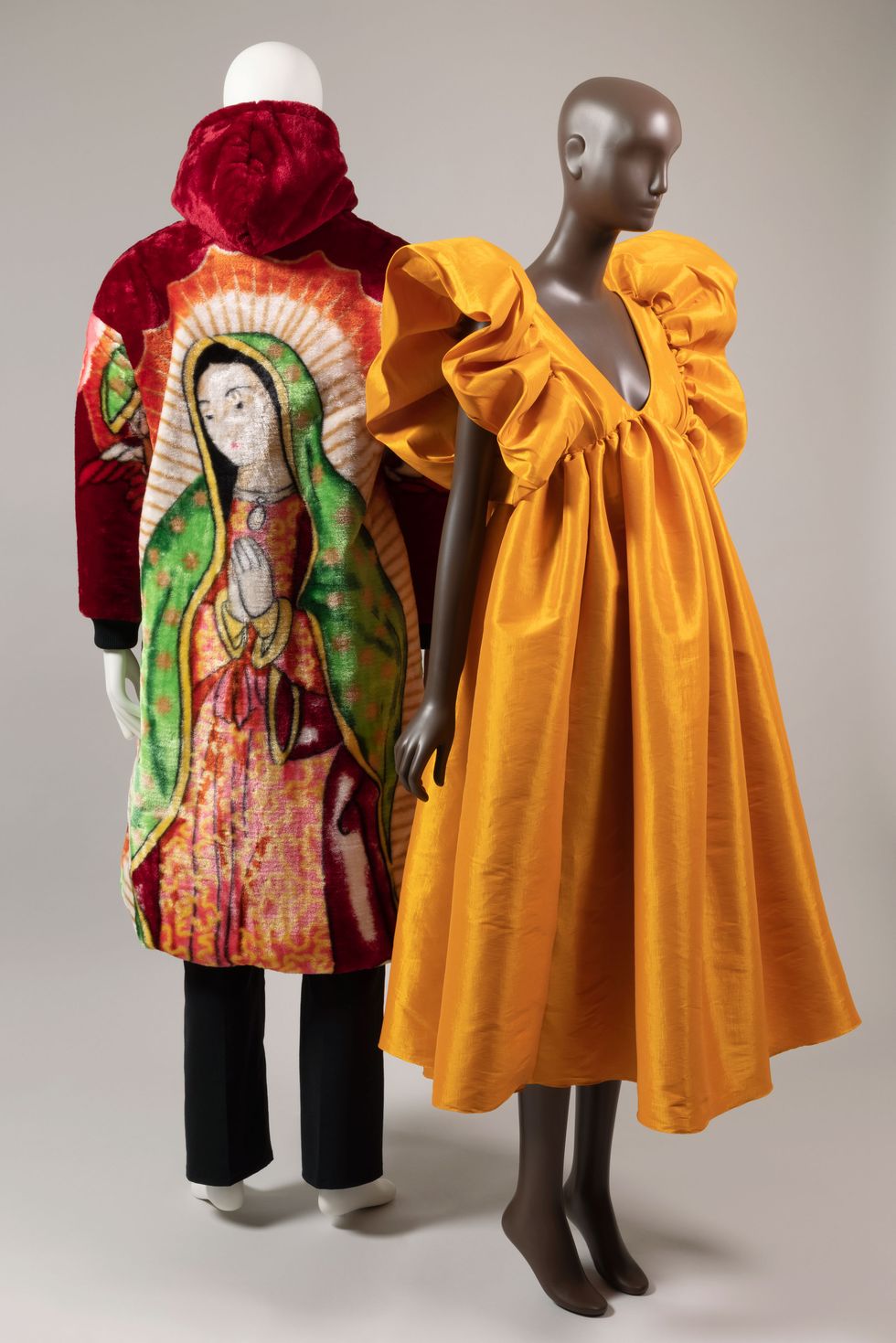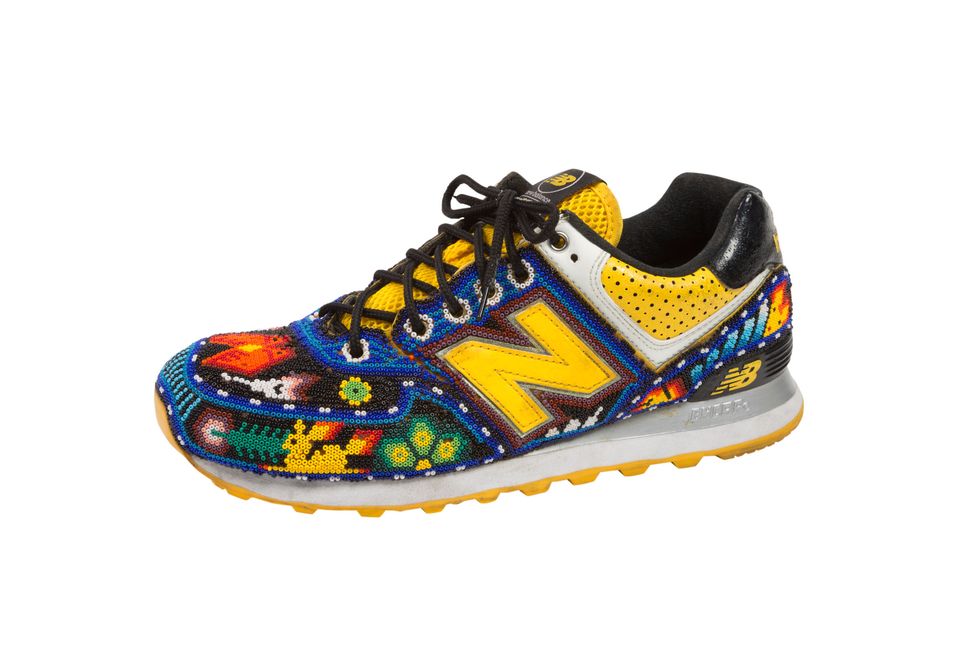Products You May Like
In 2019, Tanya Melendez-Escalante planned a dream trip. The senior curator of education and public programs at the Museum at FIT wanted to introduce two of her colleagues to her native country of Mexico. Melissa Marra-Alvarez, curator of education and research, and Elizabeth Way, associate curator of costume, joined her for a journey full of fashion and food. After seeing (and eating) the best that Mexico City had to offer, the three piled into an Uber back from the airport, giddy over what they’d experienced. That’s when Melendez-Escalante had an idea: What if they curated an exhibit at the museum on Latinx designers?
The result is “¡Moda Hoy!: Latin American and Latinx Fashion Design Today,” which opened on May 31 at the Museum at FIT. (An accompanying book from Bloomsbury will be released in early 2024.) The show, curated by Melendez-Escalante and Marra-Alvarez, includes over 60 objects from the museum’s permanent collection as well as new acquisitions. Expect boldface names such as Rick Owens, Proenza Schouler, and Willy Chavarria, but also carefully selected works from designers who are lesser-known stateside, like a gray suit from Carla Fernández, developed with Chamula artisans from Chiapas in southern Mexico. (Every piece they acquired, Marra-Alvarez explains, had to be “the type of fashion that makes fashion history.”)
When setting out to highlight all the multitudes that Latin American and Latinx fashion contains, a linear timeline wasn’t going to cut it. Instead, one of the main goals was “challenging the idea that there is one monolithic Latin American style,” as Marra-Alvarez puts it, with the curators structuring the show around themes that came up in their research: indigenous heritage, sustainability, art, gender, politics, elegance, craftsmanship, and popular culture. While their exploration uncovered these through lines, it also allowed them to see how fluid the work was, and how many themes could overlap in just one design. For instance, when planning the popular culture section, they included a pink pantsuit from LGBTQ+ designer Bárbara Sánchez-Kane, which Melendez-Escalante calls “a funny take on the bodybuilder’s physique. It has volume on the front to refer to the pectorals of a bodybuilder and wide legs,” she explains, “but it’s a pink suit”—something that also could have made sense in the gender section. “It’s this interplay between femininity, masculinity, and what’s appropriate for the genders.”
Melendez-Escalante and Marra-Alvarez also wanted to highlight how designers have embraced their heritage. A pair of beaded New Balance sneakers, for example, a collaboration between Mexican designer Ricardo Seco and Wixárika artisans led by Mauricio Carrillo, showcases an ancestral beading technique. This emphasis on craft underscores how sustainability has long been central to the work of Latin American and Latinx designers, well before it became an industry buzzword. Uruguayan designer Gabriela Hearst has partnered for years with a nonprofit women’s cooperative in her home country, while Brazilian brand Osklen has worked to sustainably source materials from the Amazon region. Another new acquisition, from Jonathan Cohen, a Mexican American designer known for working with deadstock materials, has an incredible backstory: it’s a leather dress that has been sustainably treated with activated silk from the biotechnology firm Evolved By Nature—as opposed to the usual method, which involves harsh chemicals and pollutants.
The curators saw the exhibit as a place to underline the sense of community between Latinx creatives in fashion. For Narciso Rodriguez, the son of Cuban immigrants, the Dominican-born designer Oscar de la Renta served not just as a mentor, but as a potential template for his own career. Rodriguez says he was inspired by the Cuban women he grew up around, but also by his peers in the industry, particularly designers Isabel Toledo and Maria Cornejo. “They each had a unique vision and made extraordinary things,” he says. He sees a commonality between their work and his: “There’s this appreciation for the woman that we dress, a celebration of women.”
While Melendez-Escalante and Marra-Alvarez drew from collective wisdom—hosting a symposium with members of FIT and the general public, and creating an advisory board of Latin American and Latinx figures within the industry—the process was ultimately deeply personal. One piece on view, from Luar’s spring 2023 collection, particularly stood out to Marra-Alvarez when reflecting on how her upbringing in a half-Costa Rican household influenced the exhibit. “[Designer Raúl Lopez] was thinking about family parties when he was growing up, and all the family members coming together and how dressed up they would get. That really resonated with me,” she says. “That is what’s so interesting with a lot of the newer designers that we’re featuring: all of these personal stories that come into their collections.” The curators saw themselves represented in the pieces on display, and they hope viewers will, too: “They resonate. They make you feel seen and heard,” Marra-Alvarez says. Rodriguez, for his part, is excited to be included in a retrospective where “it isn’t just a Latinx designer mixed in with a group of other designers. That we can have our own show is pretty amazing, and shows how far the industry has come.”
This story appears in the June/July 2023 issue of ELLE.
Kerensa Cadenas is a freelance writer and editor based in New York. She’s previously worked at Thrillist, The Cut, Entertainment Weekly, and Complex. Her writing has been in GQ, Vanity Fair, Vulture, Cosmopolitan, and others.
